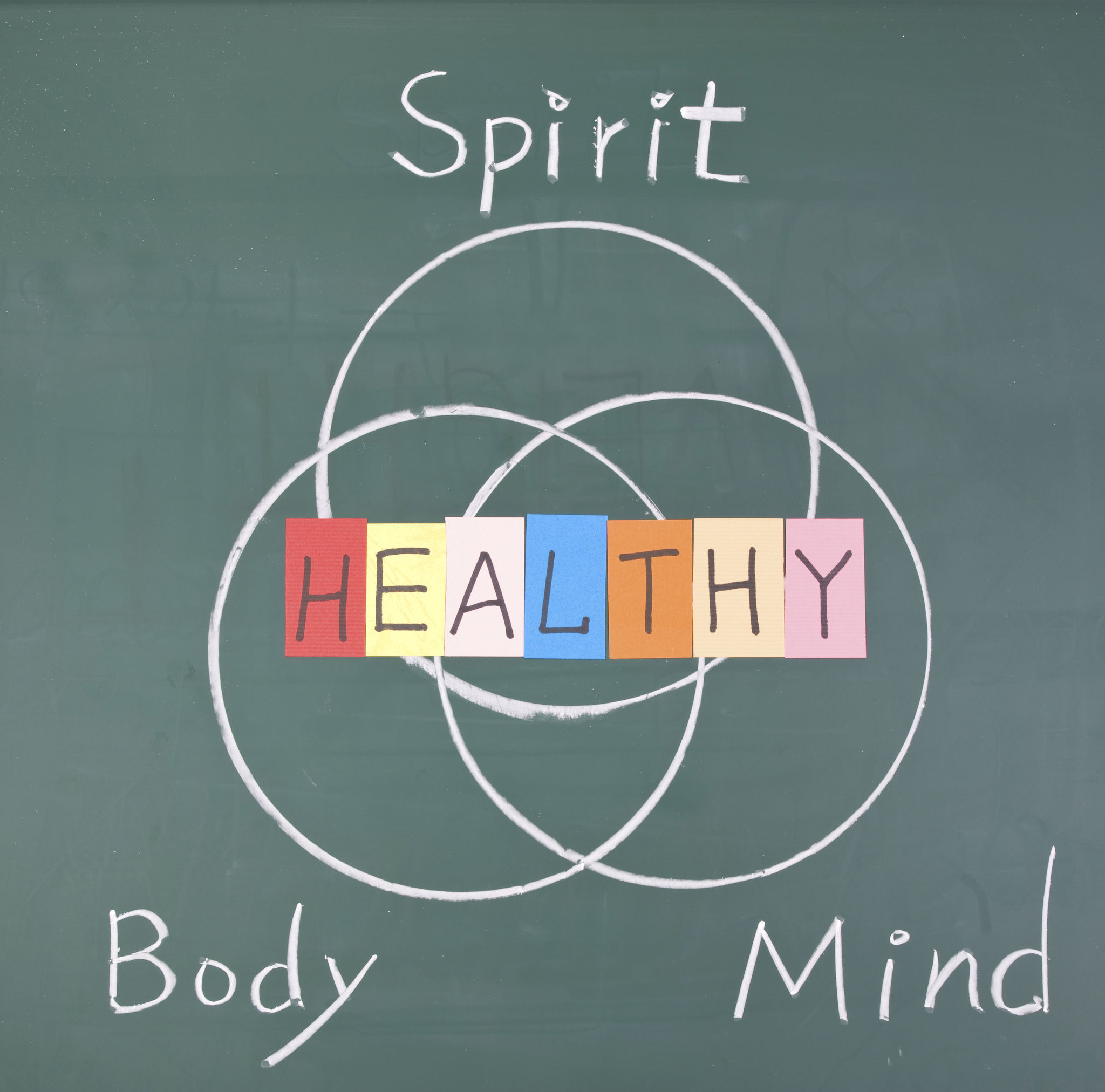The Connection Between Sport Psychology and Nutrition: A Holistic Approach
Understanding Sport Psychology
Sport psychology is an integral part of modern athletic training. It focuses on the mental and emotional aspects of sports and exercise, helping athletes improve performance and cope with the pressures of competition. By cultivating a resilient mindset, athletes can enhance focus, manage anxiety, and maintain motivation.
Central to sport psychology is the concept of mental toughness. This involves the ability to stay calm under pressure, remain focused in the face of adversity, and bounce back from setbacks. These skills are not only crucial during competitions but also in training and recovery.

The Role of Nutrition in Athletic Performance
Nutrition plays a vital role in athletic performance. It provides the energy and nutrients necessary for an athlete's body to function optimally. A well-balanced diet can improve endurance, strength, and overall health, enabling athletes to perform at their best.
Key components of nutrition for athletes include carbohydrates for energy, proteins for muscle repair, and fats for sustained energy. Additionally, vitamins and minerals are essential for various bodily functions, including bone health and immune support.

The Interconnection Between Mind and Body
The connection between sport psychology and nutrition is fundamental to achieving peak performance. A strong mind can drive the body to push beyond perceived limits, while proper nutrition supports cognitive function and emotional well-being. Together, they create a holistic approach to athletic success.
For instance, maintaining stable blood sugar levels through balanced meals can prevent mood swings and mental fatigue, allowing athletes to remain focused and calm under pressure. Similarly, hydration is critical for both physical endurance and cognitive function.

Practical Strategies for Athletes
Combining sport psychology techniques with nutritional strategies can empower athletes to reach new heights. Here are some practical tips:
- Mindful Eating: Encourage athletes to focus on their meals, savoring each bite to enhance digestion and awareness.
- Visualization: Use mental imagery practices before competitions to reinforce positive outcomes and boost confidence.
- Meal Timing: Plan meals around training sessions to optimize energy levels and recovery.
The Importance of Professional Guidance
While athletes can try various strategies independently, professional guidance from sport psychologists and nutritionists can be invaluable. These experts can provide personalized advice tailored to an athlete's specific needs and goals.
Collaborating with a sport psychologist can help athletes develop customized mental training plans, while a nutritionist can design meal plans that support both performance and mental health. Together, these professionals can create a comprehensive strategy that enhances overall well-being.

A Holistic Path to Peak Performance
A holistic approach that integrates sport psychology and nutrition offers numerous benefits. By addressing both the mind and body, athletes can achieve balanced growth and sustained success. This synergy not only improves performance but also enriches the overall athletic experience.
Ultimately, the connection between sport psychology and nutrition underscores the importance of a comprehensive strategy in sports. Athletes who embrace this holistic path are better equipped to handle challenges and excel in their endeavors, making it a crucial consideration for anyone aiming for peak performance.
